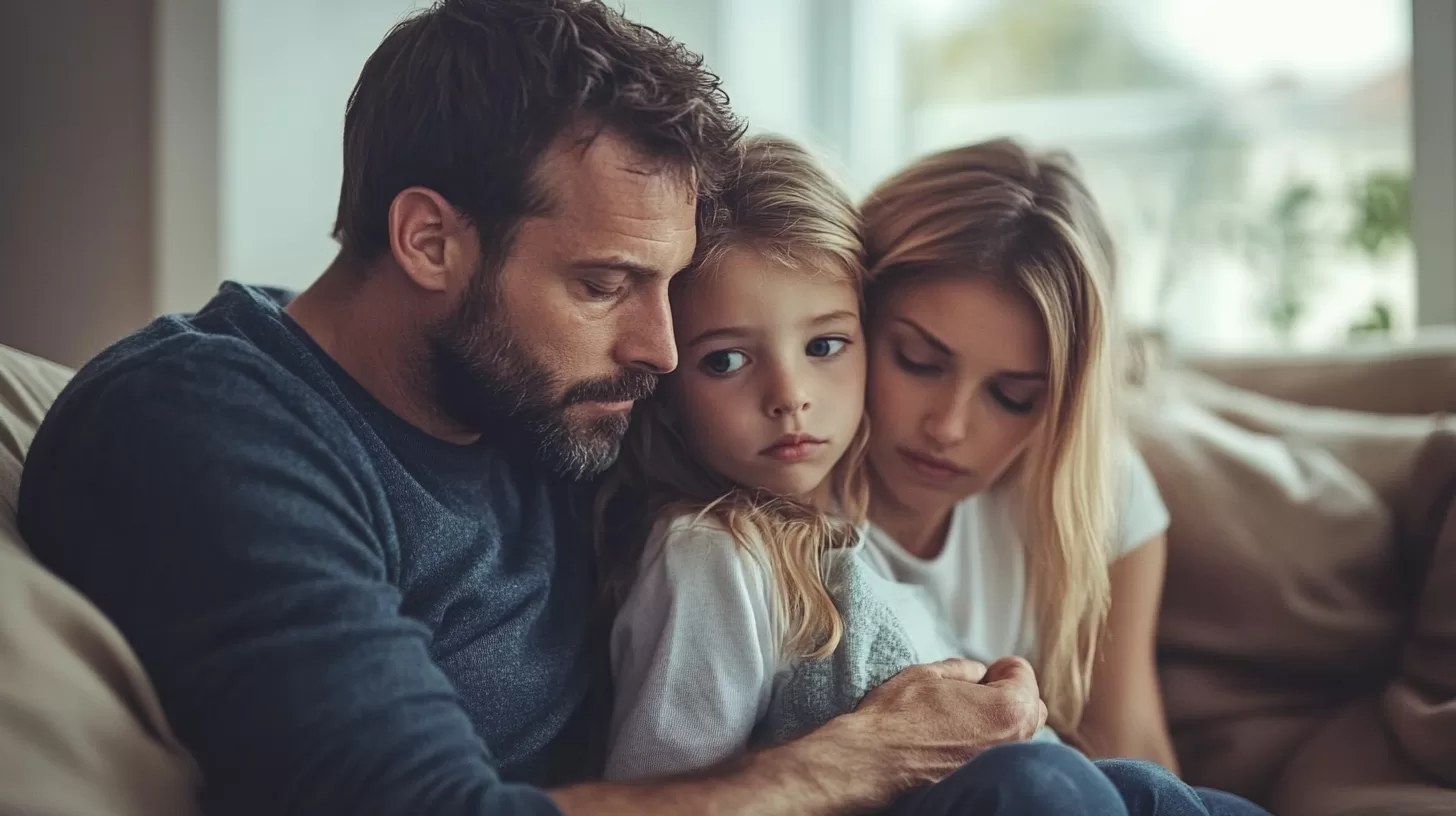Forgiveness can be a powerful tool in maintaining healthy family dynamics. It plays a crucial role in resolving conflicts, fostering unity, and building stronger relationships among family members. In this article, we will explore why forgiveness is important in family settings, how it can be effectively practiced, and the positive outcomes it can bring to family life.
Understanding Family Conflict Resolution
Family conflicts are a natural part of life. They can arise from misunderstandings, differing opinions, or unmet expectations. While conflicts can sometimes be intense and hurtful, they also provide opportunities for growth and improvement in family relationships.
The Role of Forgiveness in Resolving Conflicts
Forgiveness is essential in resolving family conflicts. It allows individuals to let go of grudges and resentment, making room for healing and reconciliation. By forgiving, family members can move past their differences and work towards restoring harmony within the family.
Steps to Effective Conflict Resolution
- Open Communication: Encourage honest and respectful communication among family members. Listening to each other’s perspectives can help in understanding the root cause of the conflict.
- Acknowledge Feelings: Recognize and validate the emotions of all parties involved. This shows empathy and respect for each other’s experiences.
- Find Common Ground: Identify shared goals or values that can unite family members and serve as a basis for resolving the conflict.
- Practice Forgiveness: Encourage forgiveness as a means to release negative emotions and rebuild trust.

The Impact of Forgiveness on Family Unity
Forgiveness not only resolves conflicts but also strengthens family bonds. Here’s how it contributes to family unity:
Building Trust and Emotional Intimacy
When family members forgive each other, it fosters a sense of trust and emotional intimacy. Forgiveness helps to remove barriers created by past hurts, allowing individuals to connect on a deeper level. This connection is vital for maintaining a strong and unified family unit.
Promoting a Positive Family Environment
A family that practices forgiveness cultivates a positive and supportive environment. Members feel valued and respected, knowing that their mistakes will not be held against them indefinitely. This atmosphere encourages openness and honesty, leading to healthier family relationships.
Encouraging Personal Growth and Understanding
Forgiveness in family dynamics encourages personal growth. It challenges individuals to confront their own shortcomings and learn from their experiences. By forgiving others, family members develop empathy and a better understanding of each other’s perspectives.
Practicing Forgiveness in Family Dynamics
Forgiveness is not always easy, but it is a skill that can be developed with practice. Here are some strategies to help incorporate forgiveness into family life:
Self-Reflection and Acceptance
Begin by reflecting on your own feelings and accepting that everyone makes mistakes. Acknowledge any pain or hurt you may be experiencing, and recognize the importance of letting go for your own well-being.
Communicate and Express Forgiveness
Openly communicate with the family member who has hurt you. Express your forgiveness and willingness to move forward. This can help to clear the air and pave the way for reconciliation.
Focus on the Present and Future
Avoid dwelling on past grievances. Instead, focus on building a positive relationship moving forward. Emphasize the importance of learning from past experiences and working together to prevent similar issues in the future.
Set Boundaries if Necessary
Forgiveness does not mean ignoring unhealthy behavior. If needed, set clear boundaries to protect yourself and ensure that the same issues do not arise again. This can help maintain a respectful and balanced family dynamic.
The Long-Term Benefits of Forgiveness
Forgiveness in family dynamics offers numerous long-term benefits, including:
- Reduced Stress: Letting go of resentment reduces stress levels and promotes emotional well-being.
- Improved Mental Health: Forgiving others contributes to better mental health by alleviating feelings of anger and bitterness.
- Enhanced Family Relationships: Families that practice forgiveness experience stronger, more fulfilling relationships.
- Increased Resilience: Forgiveness helps families become more resilient in the face of future conflicts and challenges.
Conclusion
Forgiveness is a vital component of healthy family dynamics. By embracing forgiveness, families can resolve conflicts, strengthen relationships, and create a supportive and loving environment. Whether you’re facing a minor disagreement or a significant dispute, practicing forgiveness can lead to a more harmonious and united family life.
Remember, forgiveness is a journey, not a destination. It requires patience, understanding, and a commitment to personal growth. By making forgiveness a priority, you can foster a family dynamic that thrives on love, trust, and unity.
Take the Next Step with Olson Family Therapy
If your family is navigating conflicts or you’re seeking guidance on practicing forgiveness, consider reaching out to Olson Family Therapy. Our experienced therapists are dedicated to helping families build stronger, more harmonious relationships. We provide a safe space for open communication and offer tailored strategies to improve family dynamics. Contact Olson Family Therapy today to schedule a consultation and take the first step towards a more united and resilient family.


